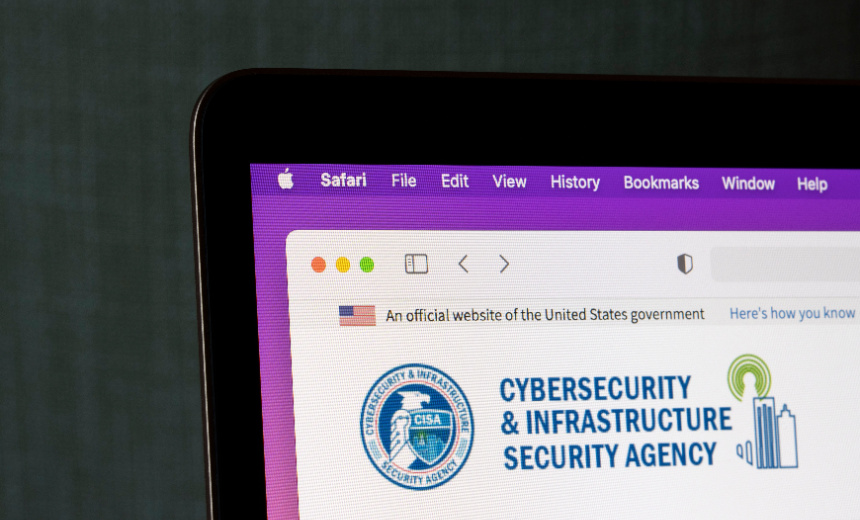Trump Administration’s Appointments May Challenge Bipartisan Cybersecurity Consensus

The incoming administration of U.S. president-elect Donald Trump is poised to implement significant changes to the Cybersecurity and Infrastructure Security Agency (CISA), primarily driven by newly empowered Republicans. Some senators have expressed their intent to reshape the agency, especially given longstanding criticisms of its operations.
Cybersecurity professionals are raising alarms that recent appointments—including Tulsi Gabbard for Director of National Intelligence and South Dakota Governor Kristi Noem for Homeland Security—could profoundly alter U.S. cybersecurity policy and the safeguarding of critical infrastructure. Gabbard’s past critiques of U.S. intelligence and her alignment with certain pro-Russian narratives, coupled with Noem’s rejection of federal cybersecurity funding, are focal points of concern.
Senator Rand Paul of Kentucky is expected to lead the Senate Homeland Security and Governmental Affairs Committee, which oversees CISA. In a recent interview, Paul hinted at his desire to eliminate CISA or, at the very least, restrict its capability to censor online content. Such intentions could indicate a fundamental shift in how cybersecurity governance is approached under Trump’s administration.
CISA was established in 2018 during Trump’s presidency and quickly became embroiled in controversy, particularly when the former president dismissed then-director Chris Krebs for recognizing the legitimacy of the 2020 election. The agency has since countered allegations of censorship on social media, which it deems unfounded, while facing criticism for its monitoring practices concerning misinformation.
Frank LaRose, the Ohio Secretary of State, has emerged as a prominent candidate to lead CISA under Trump. Known for his staunch opposition to noncitizen voting—a topic that has gained traction among Republicans—LaRose’s potential appointment raises questions about the agency’s future focus, potentially shifting toward highlighting allegations of election fraud.
Experts warn that under the new leadership framework, driven by potentially hostile views toward misinformation campaigns, CISA’s priorities may drastically change. This could entail a pronounced emphasis on perceived nationwide election fraud while neglecting disinformation threats, notably from Russian actors.
The implications of a second Trump presidency for global cybersecurity concerns are considerable. Analysts suggest that Russian threat actors may be emboldened, potentially increasing attacks on countries favoring EU alignment over Kremlin influence, as well as targeting NATO allies amidst uncertainty regarding collective security commitments.
CISA’s current director, Jen Easterly, is expected to resign by the end of the administration, along with other high-ranking officials. These leadership transitions could precipitate a new strategy for U.S. cybersecurity in a landscape reshaped by partisan divides. As this situation evolves, understanding the tactics and techniques outlined in the MITRE ATT&CK framework will be critical for organizations aiming to bolster their defenses against emerging threats.
